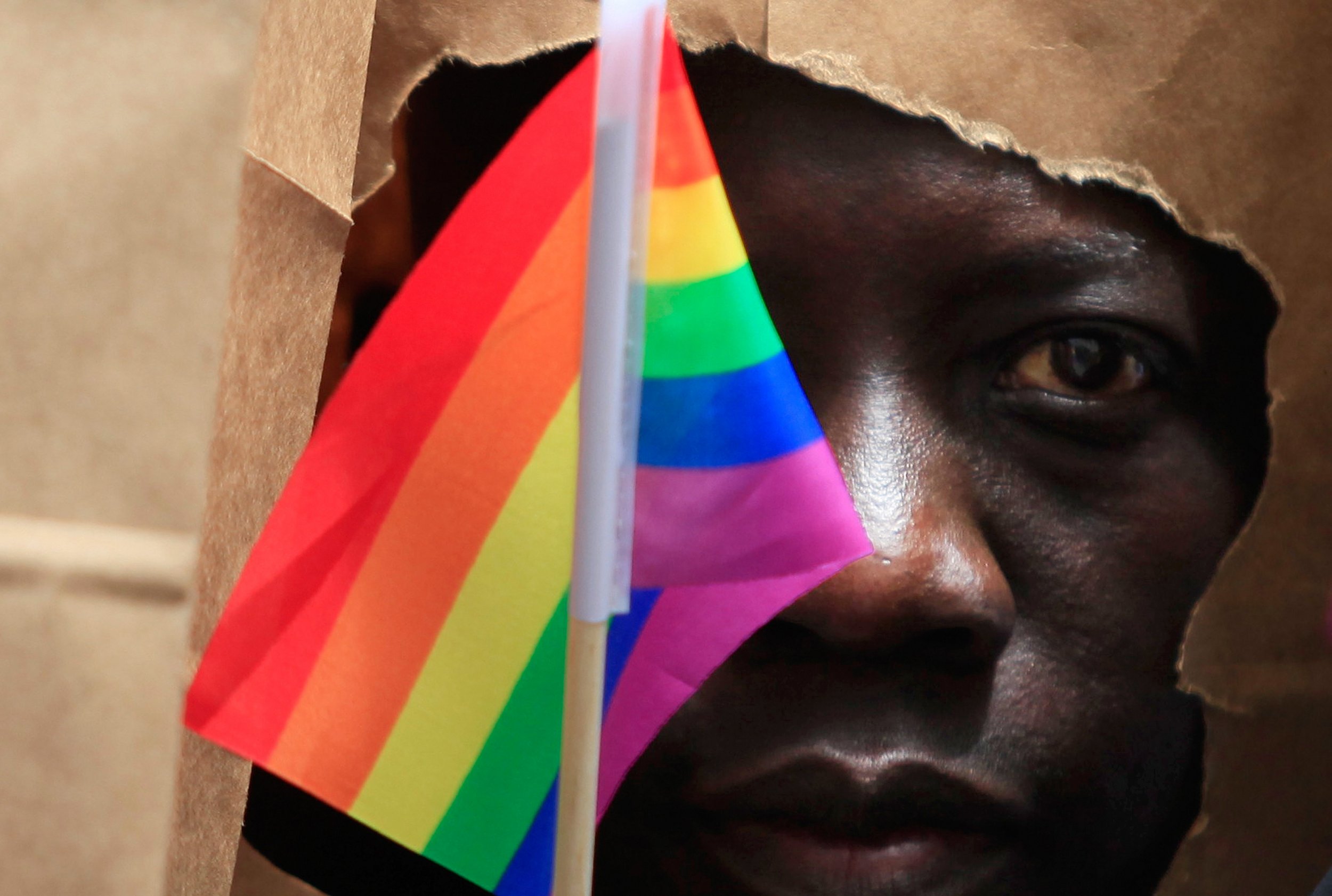
The Court of Justice of the European Union, which interprets EU law to ensure that it is equally applied in all EU countries, today ruled that refugees who claim asylum based on their homosexuality should not have to undergo invasive tests to prove it, including detailed questioning on their sexual habits.
The Luxembourg-based court said that determining a refugee's sexuality must be carried out in a way that respects human dignity.
The judgement was made in response to an appeal from three refugees, including a Ugandan and one from an unnamed Muslim country, who tried to seek asylum in the Netherlands, for fear of being persecuted in their home country. Each was denied asylum on the grounds that their sexual orientation had not been proven.
Today the court ruled that the credibility of an asylum claim on the basis of homosexuality could not be rejected just because the person in question refuses to answer questions about their personal circumstances. While national authorities are entitled to interview asylum applicants, they must do so in a way that does not violate the right of the asylum seekers private and family life.
"Authorities have every right to investigate your claim, being homosexual should not be a trump card," Paul Dillane, executive director of the UK Lesbian and Gay Immigration Group (UKLGIG) tells Newsweek. "However, they have to do it in a way that treats these people with dignity, and this means not asking certain questions about your private life or any kind of 'test'. These are undignified, and do not help to determine whether your life is at risk," he says.
Johnathon Cooper, Chief Executive of The Human Dignity Trust told Newsweek: "This judgment recognises that human dignity must be at the heart of the asylum process for gay men and lesbians who are forced to become refugees because of their sexual orientation. The problem is that 80 countries persecute gay men and lesbians by criminalising them. Gay and lesbian people are then left with little or no choice but to seek asylum."
Until 2011, Czech authorities used 'phallometric tests' to try to determine sexual orientation in asylum processes, a practice developed in the early years of Communist Czechoslovakia that involved using rubber tubes to measure the blood circulation in a man's penis when shown pornographic material.
Under the judgement made today, which applies to all EU member states, 'tests' or evidence of homosexual acts submitted from tests or on film, even if submitted by the applicant, are ruled an infringement of human dignity and therefore cannot be used to determine asylum status on the grounds of homosexuality.
In March 2014, UK home secretary Theresa May commissioned the independent chief inspector of borders and immigration, John Vine, to carry out an investigation into the Home Office's handling of asylum claims based on homosexuality after allegations of inappropriate questions asked of an asylum seeker reported in the Observernewspaper.
The chief inspector's investigation found that one in five asylum interviews contained stereotyping one in ten contained inappropriate questions that may stimulate a sexual response.
Responding to the ruling today, Dilane said: "This ruling is timely as the Home Office here in the UK has been heavily criticised for its handling of claims from lesbian, gay and bisexual asylum seekers. A recent investigation into the Home Office found that unhelpful stereotypes as well as inappropriate and humiliating questioning pervade asylum interviews. These practices corrupt asylum decisions and need to be eradicated. The home secretary must take steps to implement the Court's ruling to ensure lesbian, gay and bisexual people who are fleeing human rights abuses are granted refugee protection and are treated with dignity and respect."
However, according to Cooper, more needs to be done by the EU to prevent the persecution of gay people in these countries in the first place. "This judgment demands that the process determining their right to asylum must be sensitive and respectful, but a solution also lies elsewhere. The persecution of the gay and lesbian community by criminalising them must cease. The EU should be devoting more resources to ending criminalisation. Once that happens, we can begin the process of ending persecution," he said.
Uncommon Knowledge
Newsweek is committed to challenging conventional wisdom and finding connections in the search for common ground.
Newsweek is committed to challenging conventional wisdom and finding connections in the search for common ground.
About the writer
To read how Newsweek uses AI as a newsroom tool, Click here.








